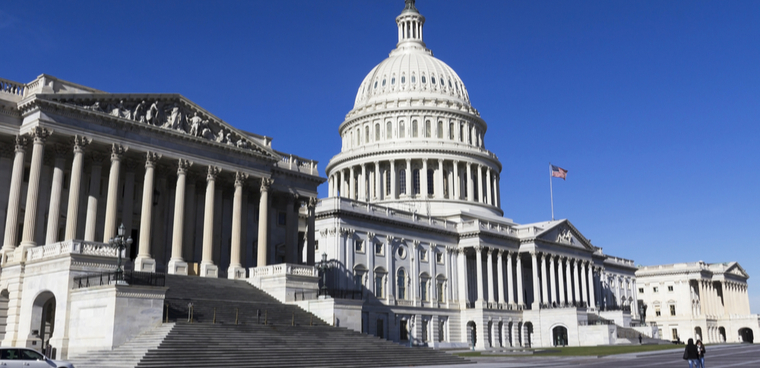Oversight Dems press FLRA chief on union, FEVS scores

Democrats on the Government Operations subcommittee of the Committee on Oversight and Reform hammered FLRA Chairwoman Colleen Duffy Kiko for her decision to stop recognizing the Union of Authorities Employees last December.

The chairman of a House panel charged with federal workforce oversight charged the head of the Federal Labor Relations Authority with "personal and disqualifying anti-union bias" because of her decision to stop recognizing the organization representing the agency's workers.
Rep. Gerry Connolly (D-Va.), the chairman of the Government Operations subcommittee of the Committee on Oversight and Reform, and other committee Democrats hammered FLRA Chairwoman Colleen Duffy Kiko at a June 4 hearing for her decision to cease recognizing the Union of Authorities Employees (UAE) last December when the most recent contract expired. The move, lawmakers noted, departed from 40 years of precedent.
FLRA is a small quasi-judicial authority tasked with adjudicating disputes between agency managers and employee unions and also maintains a general counsel's office supervising regional offices that investigate unfair labor practice cases. The FLRA is also home to the Federal Services Impasses Panel, a presidentially appointed body that sets contract terms between agencies and unions when the parties are at an impasse.
Kiko testified that her interpretation of the statute establishing the agency deliberately exempted FLRA from extending collective bargaining to its employees.
"I'm not comfortable perpetuating a program that I believed was at odds with the letter and spirit of the law that created our agency and that we are tasked with administering," Kiko said.
The independent UAE was created to satisfy the legal requirements of the statute and to avoid conflict with unions representing other feds. The structure of the UAE was upheld in a 1980 Office of Legal Counsel memorandum opinion from the Justice Department.
Rep. Stephen Lynch (D-Mass.) pointed out that the author of the 1978 legislation inserted the exemption for FLRA in order to avoid conflict of interest by specifically preventing agency employees from obtaining representation from unions that represent other federal employees or have links to those unions, but not to deny collective bargaining rights to FLRA employees.
"You can say the statute did it, but the statute didn't do it for 40 years, until you got there," Lynch said.
Lawmakers also noted the dramatic decline in the agency's Federal Employee Viewpoint Survey scores over the past year. On the "Best Places to Work" rankings issued by the Partnership for Public Service based on FEVS responses, FLRA went from an overall score of 72.6 to 41.6, a drop of 31 points. That was the steepest decline for any federal agency between 2017 and 2018, and only the Consumer Financial Protection Bureau came close with a drop of 25 points.
Part of the low morale likely stems from the move to close regional offices in Boston and Dallas. While the stated goal of the closures was not to reduce the workforce, as a result of Kiko's decision the agency's workforce declined by 21%.
The aftermath of the closures, Connolly said, "placed unreasonable burdens on remaining employees."
The decline in FEVS scores prompted a second internal survey of FLRA employees. Kiko declined to share the results or specific responses, even on an anonymized basis, with lawmakers.
"I'm doing everything in my power at my agency to look at those questions -- to find out the source of that [low satisfaction] and see if we can turn it around," she said.
NEXT STORY: Funding bill looks to block USDA relocations



